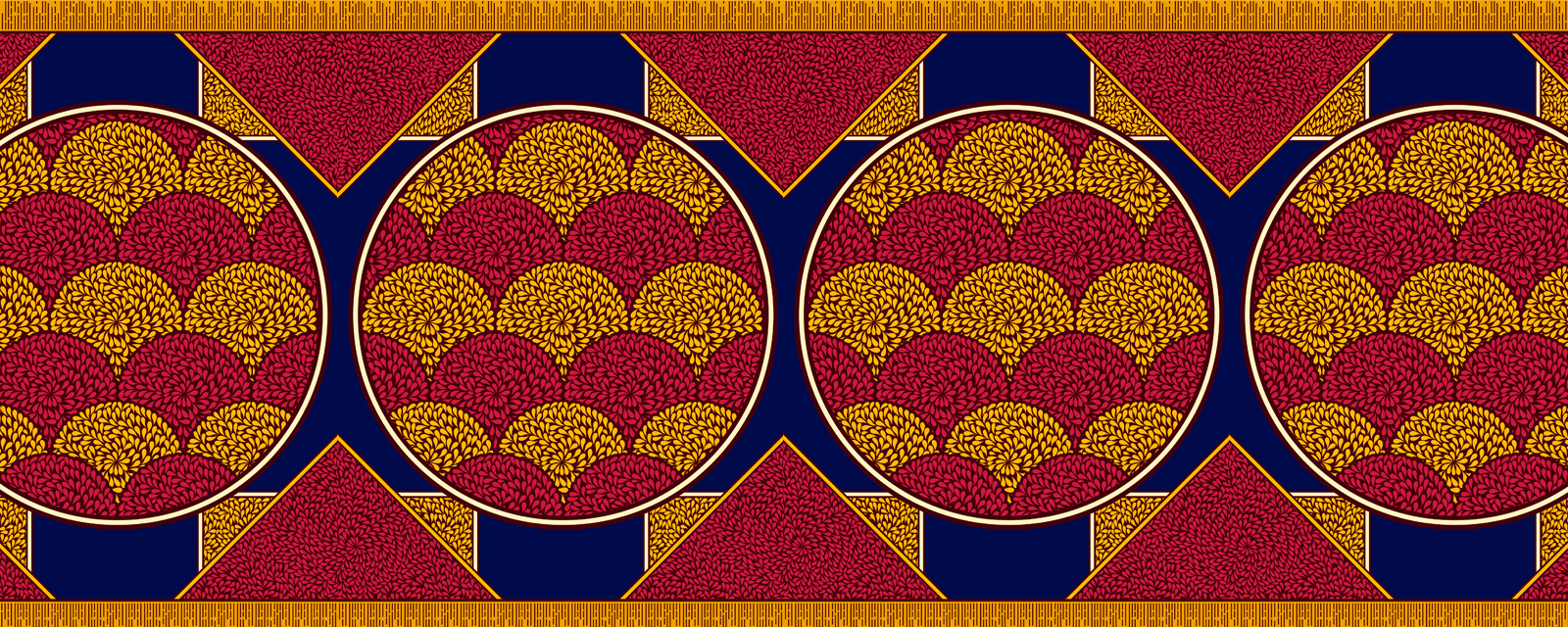The poems in this section are chosen for their range of feeling about human relationships. They are about courtship, marriage, parenthood and bereavement. They deal with different kinds of love and different kinds of grief.
At one extreme is the rich and elaborate style of the Swahili love poems (see Serenade and Mwananazi). These poems like the Balwo which are so popular in modern Somalia, show the strong influence of Arab attitudes to courtship and romance, and are composed in styles which derive from Arabic poetry. They stand in complete contrast to the utter simplicity of I Heard a Bell, or the teasing humour of Nyagumbe Refuses, or the healthy cynicism of A Man With a Hat On. Similarly, the poems of grief range from the deeply tender Close To Her Husband to the frankly calculating If Death Were Not There.
Some of these differences are a reflection of the circumstances in which the songs would be performed. A few are entirely personal lyrics, outbursts of feeling in forms which allow for a great deal of extemporisation. Lament, for example, expresses in heart-breaking terms a sense of loss which seems to be completely private. Other songs, such as The Pinnacle, the bridal songs of departure and arrival, and the dirge for Valiant Owusu, are drawn from the social rituals of initiation, marriage and death. The task of the performer is to give a fresh and original meaning to formulas which have been handed down by tradition. In the process, a kind of style is achieved which is suited to the public expression of strong feeling. A fine example is the Dirge for Fajuyi, in which the repetitions, the measured rhythms and the very generalised metaphors all raise the poem above the personal level to express the mourning of a nation.
It is very striking how little these poems of feeling are concerned with physical beauty or sexual attractiveness. They focus above all on the character of those who are loved or mourned, and on the quality of their performance of private and public duties.

